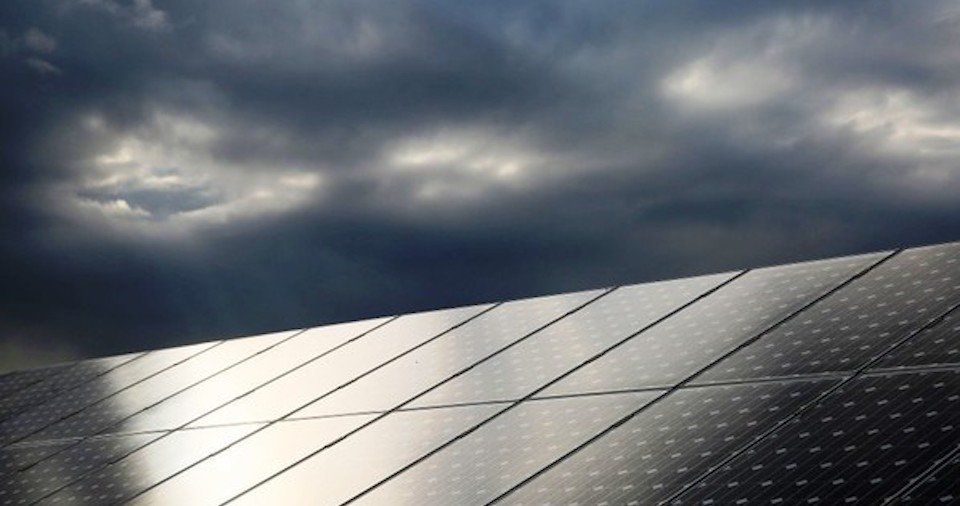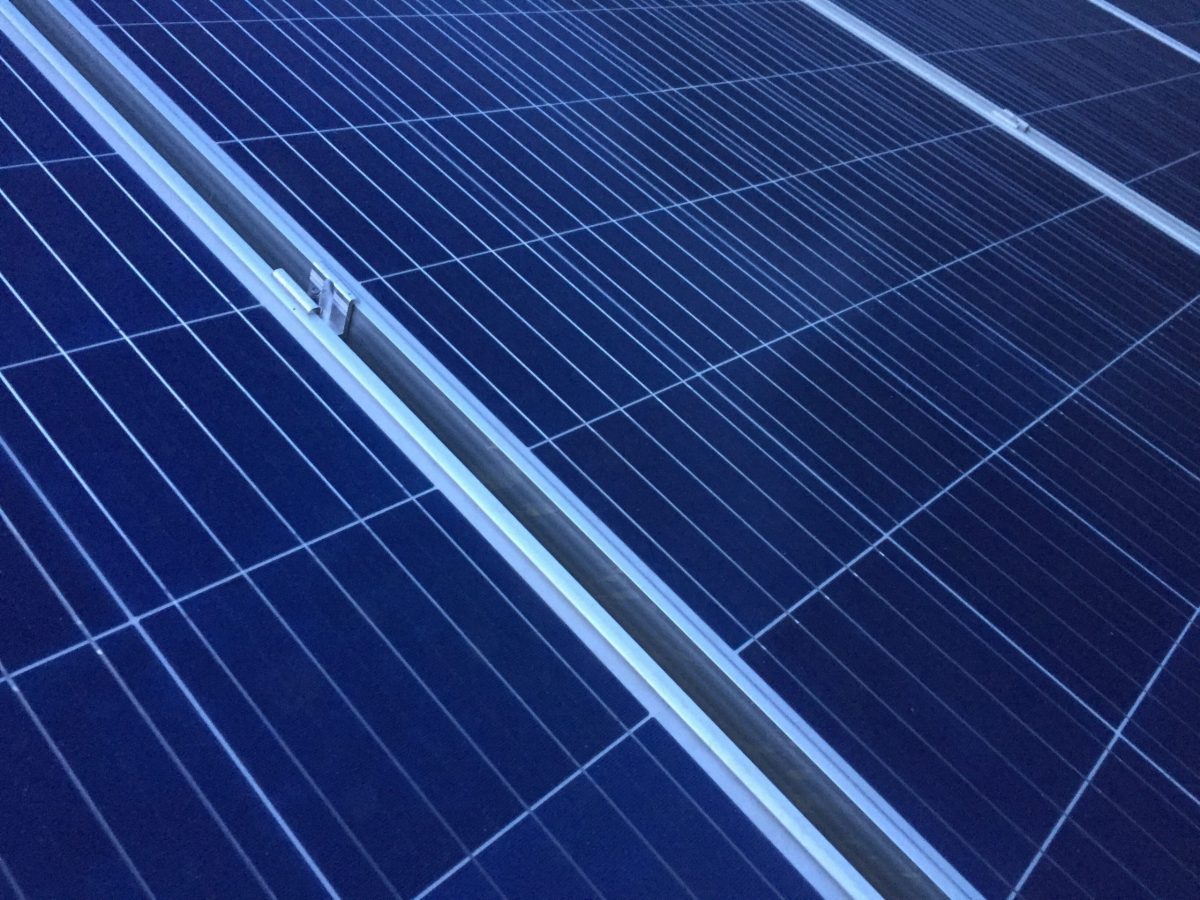Investing in solar panels for your home is one of the best things you can do if you want to reduce your carbon footprint and also save yourself some money. Solar panels generate electricity from sunlight, allowing you to power your home with less reliance on the grid.
Getting solar on your roof is a substantial investment, and you should think about how much of the energy they produce you could actually use to decide if solar works for you. They work very well if you are charging an electric car during the day and for homes that are using power during the day. If you have an EV, our green home energy calculator can give you a good estimate of what you could produce and use with rooftop solar and the best grid tariff for the rest of your needs.
You can expect to pay up to £5,000 for a full solar panel installation on your home. But do solar panels get less efficient over time? How long can you expect them to last?
How long do solar panels last?
Most solar panels installed in homes nowadays are crystalline. These types of solar panels are generally warrantied by the manufacturer for 25 years. All this means is that the manufacturer will support them with repair or replacement for 25 years. They should last a whole lot longer than this.

Solar panels are generally guaranteed for 25 years
Some of the earliest solar panels made in the 1970s are still operating at up to 80% of their original design capacity. This means that, for several decades beyond their expected service life, they are still generating electricity and still useful, if not quite as efficient as when they were first manufactured. Like anything else, the price you pay will determine the build quality. You can’t buy the cheapest solar panels you can find and expect the best.
How do solar panels lose efficiency?
How efficient your solar panels will be depends on how and where they’re installed. You might think a desert would be a great place for solar panels, but the extreme heat is actually counterproductive. Panels like cool and sunny conditions best.
One of the main reasons solar panels wear out more quickly is down to thermal degradation. This is where excessive heat over long periods of time causes the solar cells to break down. Your solar panel installer can mitigate this somewhat, by installing the panels several inches away from the roof to allow for adequate airflow.

Correct installation can ensure that your solar panels remain efficient
Another thing to consider is solar panel PID, or potential induced degradation. This is where the photovoltaic cell’s internal electric field is disrupted by external elements, such as the metal frame or the glass of the solar panel. There are manufacturers that make PID-resistant panels, so it’s worth looking into when you select which panels to buy.
Can solar panels break?
Since there are no moving parts, solar panels don’t experience mechanical failures. However, there are factors, largely external, that can cause them to fail within their expected lifetime.
Solar panels are manufactured to be pretty tough. They can withstand a pretty heavy beating from the weather, including wind, hail, sleet and snow. However, extreme changes in temperature can cause micro cracks to appear in the thin conductors in front of each solar cell. This will cause reduced efficiency and, in some cases, an inactive cell.
If you lived in a climate that has extreme changes in temperature, such as from below freezing overnight to over 25 degrees Celsius during the day, there’s very little you can do. However, in milder climates, such as ours, you’re unlikely to experience extremes of temperature that are enough to cause this on a regular basis. Though, even in the UK, there are some simple rules to follow when maintaining your panels – if it’s a very hot day, don’t hose your panels down with freezing cold water.
Micro cracks are generally be covered under your manufacturer’s warranty. If you notice a dip in solar yield (how much you are generating) it’s worth getting your panels inspected and contacting the manufacturer to get your panels fixed or replaced.
Can I do anything to make my solar panels last longer?
Generally, solar panels like to be left alone. You shouldn’t interfere too much with your panels, and they aren’t really going to require any technical maintenance in the same way that a boiler or an electric heater will. They’re designed to stay on your roof, producing electricity. There’s no reason for you to get up there and tinker with them.

Keep the sun on your solar panels
That being said, there are things you can do to prolong the life of your panels; this generally includes keeping them clean and free of dirt and debris. For example, if there’s a tree near your house, you might find that leaves build up on your panels during the autumn and winter. Generally, these panels will get washed off the next time it rains. The best way to clean off stubborn dirt is with a sponge and some soapy water, or with a low-pressure garden hose. You can get a professional in to do this work, but it is easy to do yourself.
